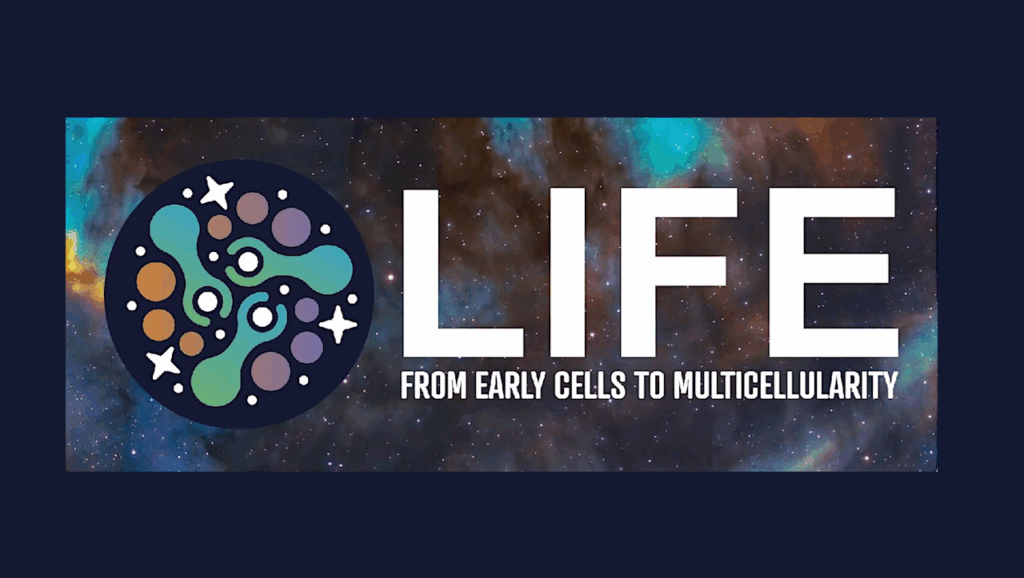SLSTP Students Publish Paper Showing Bacteria Exposed to Space Show Lasting Genomic Changes

Samples of Bacillus pumilus SAFR-032, an endospore-forming bacterial strain, were externally mounted on ISS in the EXPOSE facility and with full UV exposure.
While nearly all the bacterial spores were inactivated, some samples of viable, ‘first generation’ vegetative cells were then recovered. In a follow-on study, both original, non-flown SAFR-032 and ISS-flown, surviving SAFR-032 spores were germinated (here referred to as non-flown DS1 and ISS-flown DS2). Samples were then investigated to determine methylation pattern (methylome) change, compared to ground control, after direct exposure to space conditions onboard the International Space Station (ISS) for 1.5 years. The resulting ISS-flown and non-flown strains were sequenced using the Nanopore MinION and an in-house method and pipeline to identify methylated positions in the genome.
Findings from the analyses indicated genomic variants and m6A methylation increased in the ISS flown samples of Bacillus pumilus SAFR-032. To complement the broader omics investigation and explore phenotypic changes, ISS-flown and non-flown strains were compared in a series of laboratory-based chamber experiments using an X-ray irradiation source. The results show a potentially higher survival fraction of ISS-flown DS2 at the two highest exposures. Taken together, results from this study document lasting changes to the genome by methylation, potentially triggered by conditions in spaceflight, with functional consequences for the resistance of bacteria to stressors expected on long-duration missions beyond low Earth orbit.
This study was funded by NASA Space Biology grant to Kasthuri Venkateswaran, NASA Planetary Protection grant to David J. Smith and the Space Life Sciences Training Program






